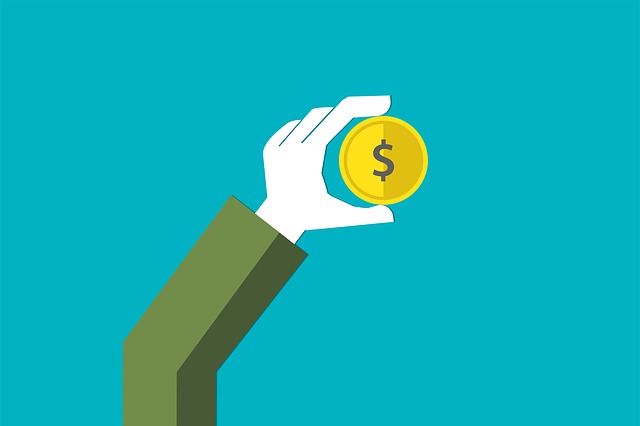0% or negative interest rates have been the prevalent state of affairs with European central banks and the Eurozone for the last few years. “We’ve been on life support for some time” said Nick Bang, a seasoned foreign exchange specialist at ATHL Research & Technology in Geneva. “The ECB has maintained 0% rates and other European nations such as Switzerland and Denmark are negative and have maintained negative rates for extended periods of time, this was supposed to be a temporary measure”.
Nick Bang continues to explain the circumstances relating to such policies…
Negative value of Capital?
Negative or even 0% rates are unnatural and can only produce malinvestment and all sorts of undesirable economic effects. 0% and negative interest rates communicate the concept that the value of capital is worthless, how can that be? After all, would you loan someone your money and actually pay them for taking the funds off your hands with the associated risk of not getting them back? Alternatively, would you loan your funds for free? It would suggest that the utility of capital is worthless.
We all know this is a fantastical concept which has no grounding in reality, however that is in effect what central banks are suggesting, how should the average person on the street interpret that when we know that they view their money as the unit of exchange for their labour?
Stimulus gone astray
The fact of the matter is that the powers that be, that is to say the European Union and/or European governments have a vested interest to try and stimulate some sort of economic growth, but have largely failed in doing so.
The intention has been to induce people to spend. This is the usual Keynesian economic narrative whereby people have been historically encouraged to increase consumption as a method to spur economic growth. The way this has traditionally been accomplished is via the monetary application of low, 0% or even now negative rates. The overriding ideology here is that growth is derived from expenditure. Some will say that central banks are independent but anyone who has a sense of realities knows that’s rubbish.
Economists and politicians have been taught to think in these terms over the last few generations, whereas any small businessman knows that economic growth or wealth as it were can only be created via, productivity, savings and re-investment in that order. Increased consumption should be nothing more than a by-product of sustainable increased wealth not as a targeted objective in and of itself with the hope that it will create lasting growth, because it won’t, it will only lead to an indebted society with no savings and bleak economic prospects.
Broken incentives
The wealth effect of rising asset prices, largely the result of protracted loose monetary policy amongst other factors has created an elite and left large swathes of the population in comparative economic stagnation. We have created the inverse of a level playing field and people know it. Incentives to produce and perform are at generational lows fuelled by record high levels of inequality and other drivers such as increasing cultural disillusionment created by mass immigration, overregulation and a ballooning public sector amongst other factors.
The general accepted wisdom has always been that this inequality should be dealt with by more confiscation and redistribution but this has only led to more inequality, not less. The answer might be found in less government as opposed to always more explains Nick Bang. The Eurozone would be better served to focus on deregulating and lowering the bar for entry in particular for young entrepreneurs and sections of the population who have the appetitive to produce and achieve. This would create competition and would lead to increased productivity which is much needed in Europe.

Laisser un commentaire
Vous devez vous connecter pour publier un commentaire.